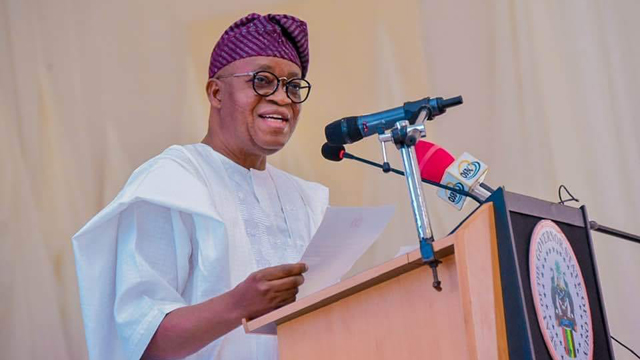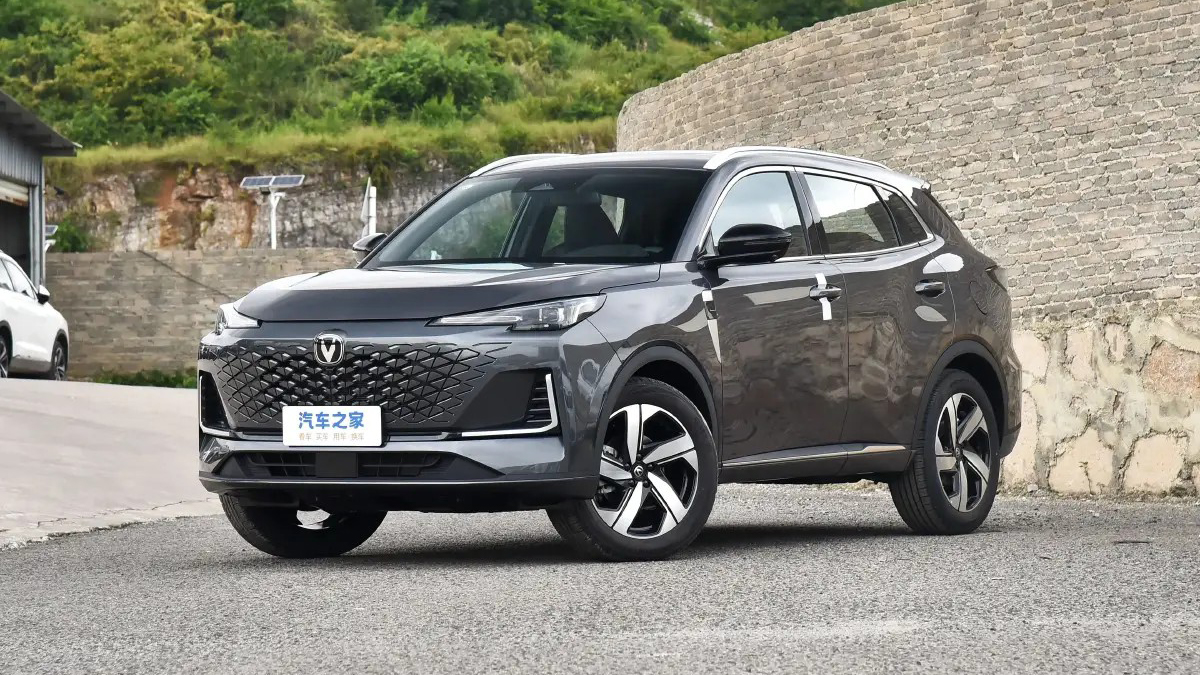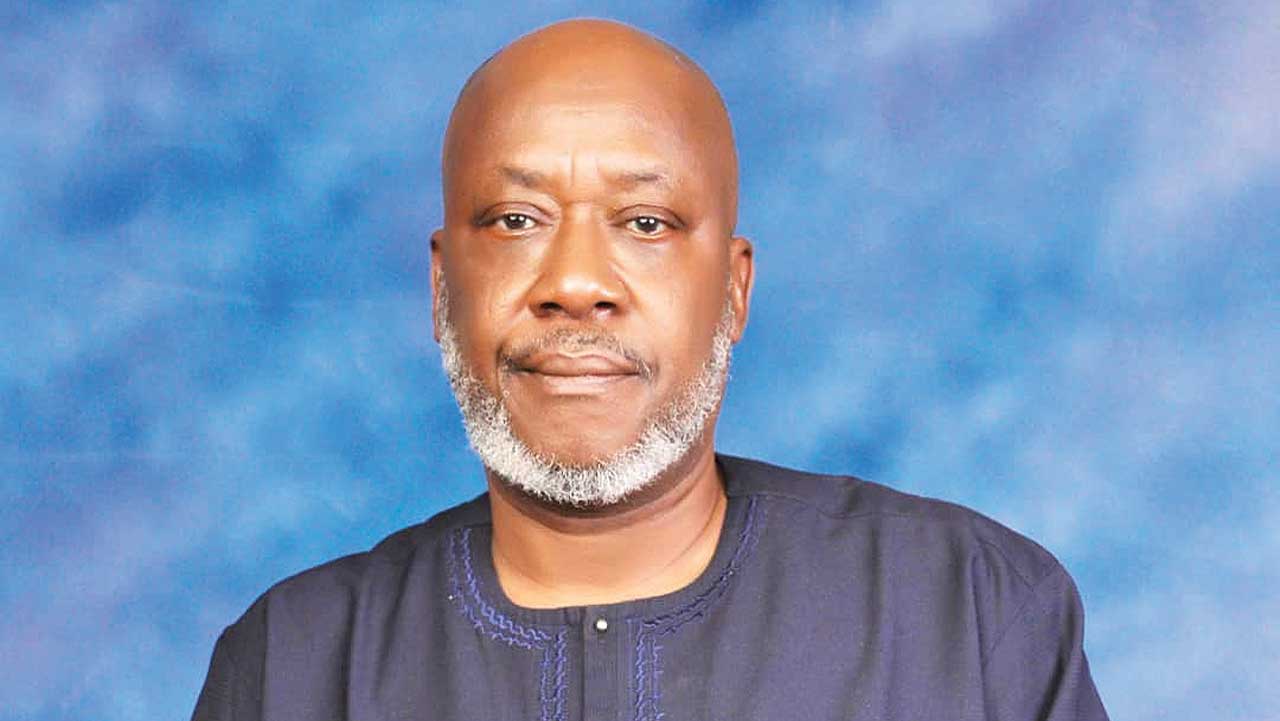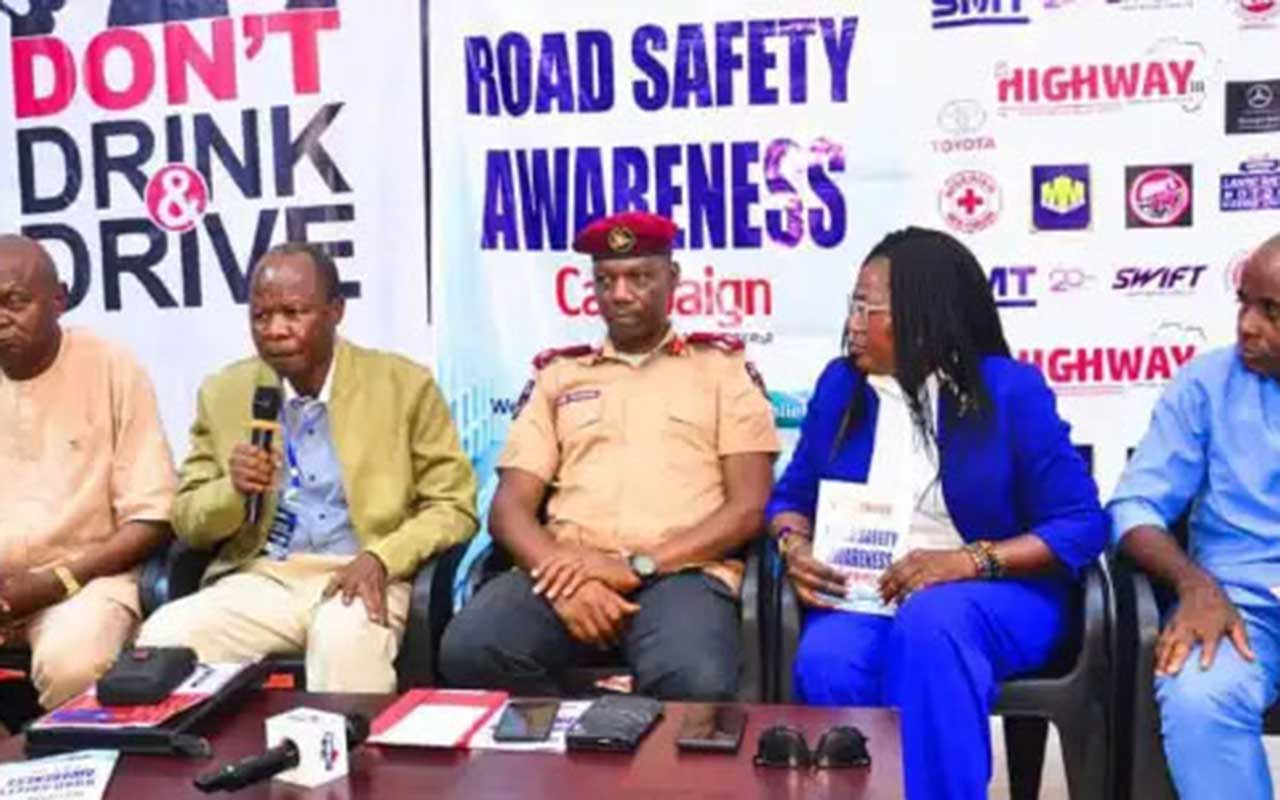
Minister of Marine and Blue Economy, Adegboyega Oyetola said the integration of intermodal transportation is a critical component of unlocking the maritime sector’s full potential.
Oyetola said efficiently linking the ports with road, rail and inland waterways is key to optimising the movement of goods and enhancing trade.
He stated this yesterday at the 2024 Nigeria Transport Summit organised by Transportation Correspondents Association of Nigeria (TCAN) in Lagos.
Oyetola who was represented by the Director of General Services, Federal Ministry of Marine and Blue Economy, Yusuf Muhammad, said Nigeria is endowed with an extensive coastline and rich marine resources.
He said intermodal transportation also aligns with the broader objective of reducing congestion, lowering carbon emissions and enhancing the overall efficiency of our logistics chain.
According to him, the marine and blue economy offers vast opportunities for economic growth, job creation, and environmental sustainability. It is not just about fishing or shipping; it encompasses tourism, maritime trade, aquaculture, and renewable energy.
He said the blue economy can contribute significantly to the GDP, enhance food security, and create millions of jobs. However, realising this potential requires collaboration, innovation, and a steadfast commitment to sustainable practices.
According to him, the Federal Ministry of Marine and Blue Economy has embarked on several initiatives to unlock the vast potential of the nation’s marine resources.
“We have developed a comprehensive policy framework to enhance maritime safety, boost investment in port infrastructure, and promote sustainable fishing practices,” he said.
He said one of the significant achievements is the establishment of the National Strategy on Blue Economy, which was validated just yesterday with the support and collaboration of the AU-IBAR and the Kingdom of Norway.
He stated that it aims to regulate and promote sustainable use of our marine resources and that the strategy document sets the groundwork for effective governance, ensuring that our blue economy oceans remain a source of wealth for future generations.
According to him, the vision is to develop a seamless transport system where goods can flow smoothly between ships, trucks, and trains, boosting trade and economic growth.
The Lagos State Governor, Babjide Sanwo Olu, said the journey to crafting the Lagos State Transport Policy was born from necessity.
Sanwo Olu, who was represented by the permanent secretary of the Ministry of Transportation, Musa Olawale, said the aim is to foster a transport system that not only meets the needs of the current population but also supports the future economic, social, and environmental aspirations of the state.
“We recognise that transport is the backbone of any city’s development. Therefore, we aim to create a transport system that is integrated, safe, reliable, efficient, affordable, and environmentally friendly,” the governor said.






